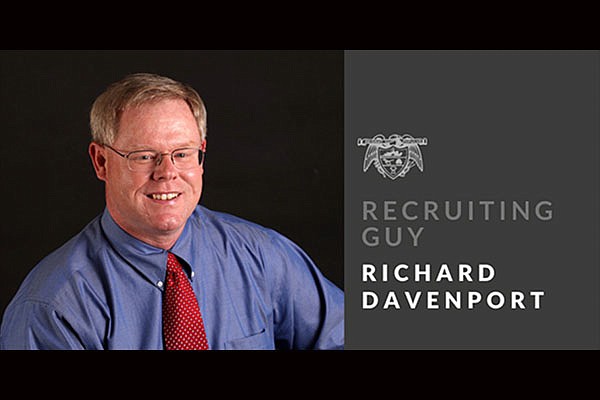July 1st marked the first day that college athletes could profit off their name, image and likeness, and since then there have been calls for the NCAA or Congress to step in with a set of rules nationally instead of current state-by-state provisions.
While the student-athletes have benefited, schools are actively using NIL deals as a way to entice prospects to sign with them which goes against what the NCAA intended.
A NIL deal cannot pay a player with the sole intent for the athlete to attend a school. Hot Springs based sports agent Chris Turnage said schools are doing exactly that.
“I would say it was intended not to be a recruiting tool and they tried and put some measures in place, but it’s exactly what it’s become … a recruiting tool,” Turnage said.
It was thought an athlete’s marketability would attract businesses and be compensated, but boosters are throwing out blanket offers in hopes of luring prospects.
Miami businessman Dan Lambert has offered $500 a month to the Hurricanes’ football scholarship players to advertise American Top Team, a chain of mixed martial arts facilities.
“They’re giving every scholarship player a certain amount,” Turnage said. “So opponents of that are saying how [can you do] NIL if you don’t know who the players are. You’re literally just paying them to come to school.
Texas A&M has signed a consensus No. 1 ranked 2022 recruiting class in the nation and the best class in school history. Aggie boosters reportedly spent millions to help lure the prospects to ink with A&M.
A non-profit company in Austin, Texas, has promised Longhorns’ scholarship offensive linemen $50,000 each in the future. Some critics have called the current situation the wild, wild west and expect it to continue until there’s one set of rules for everyone.
“I think there’s a big issue to it and I think the first issue starts not being on the same playing field,” Turnage said. “There’s not one set of uniform rules or regulations. Right now it’s state regulated.”
Utah law allows the schools in the state to broker deals unlike other states where athletes or their agent or representative have to set up business opportunities.
“Utah doesn’t prohibit the schools from being involved in those transactions,” Turnage said. “So BYU can help set up those transactions. They [give] every walk-on a full ride, so essentially they’re getting more scholarships than everybody else. Where in Arkansas that would be illegal.
“So I think the first thing there really needs to be a set of uniformed rules whether it be federal legislation or through the NCAA and the second thing is make sure to have regulations and qualifications for marketing agent.”
Before being fired at TCU, former coach Gary Patterson was upfront with high income supporters of the program.
“He said to a roomful of boosters, ‘We got to start paying these players, guys,’ ” Turnage said. “This is ridiculous, ‘Ya’ll got to come up with something and pay these players to use them as advertisers because we’re getting beat out.’ ”
There was a concern female athletes would be left behind, but that’s been shown to be false. University of Arkansas Athletic Director Hunter Yurachek posted that Razorback athletes are approaching $1 million in compensation with 98 male and 61 female athletes involved in 385 agreements.
Twin sisters Hanna and Haley Cavinder, who play basketball at Fresno State, each have more than 350,000 followers on Instagram and 3.9 million followers on their shared TikTok account. They’re among the best paid athletes in the nation.
“They’ve made each over a million dollars by doing different deals,” Turnage said. “There’s a LSU gymnast that has over 2 million followers on Instagram, and she’s made in the hundred of thousands.”
Unscrupulous agents or representatives are shopping current college student-athletes to other schools for better NIL deals.
“I personally know of examples where [that] is very common,” Turnage said. “We call them the street agents. It happens in every walk of this business. It happens to agents like me where you got a guy that says I got so-so in my pocket. If you want to represent him give me 20 grand and I’ll make sure I steer him your way.
“It happens when kids are going to school initially and been recruited and it’s happening with NIL now. They say I have a deal brokered with another school and they’re going to push that and try and get the kid to go transfer and say I have you 30 grand over here if you come or 40 grand. So it’s absolutely out there.”

